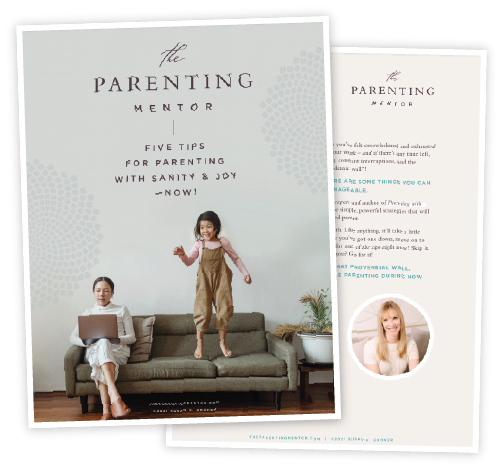
Middle child syndrome is something that I’ve been thinking about a lot lately as so many parents I know have, or are just about to have their third child. And they're all stressing about how their family dynamics are going to change. “Two children is so manageable!” “I only have two hands!” “I’m afraid one of my kids is going to feel left out.” “Everything seems made for two - even bunkbeds!” are just a few of the concerns I’ve been hearing.
And yes! There is a big shift with the introduction of your third. Suddenly your second is no longer the baby while your oldest retains their position as most grown up. Inevitably, there is a middle child.
More often than not, we warn parents of future issues like the “terrible twos”, “sassy tweens” and you guessed it, “middle child syndrome”. Yet, these things often happen not from destiny, but rather because of how we treat our children.
Here are some strategies to consider if you are worried about your middle one feeling middle child syndrome:
Ditch the labels Refrain from “my first born” or “my baby” and call each of your kids by their given names or your pet names for them.
Monitor praise If you’ve read my book, you know that this tip (#49) talks about keeping praise centered around your child’s own experience and process rather than parental feelings around the outcome of success. To build on this, try to avoid specific kudos based on comparison to siblings. Even the subtlest comments of “Look how fast the baby is learning to crawl!” may imply that your second wasn’t quite as accomplished at that age.
Avoid blame When it comes to sibling rivalry, we often tend to blame an older child and encourage patterns and thoughts around which child is loved more with phrases like “You should know better!” or “Why did you do that to your brother?” (Check out my thoughts and tips on this here.)
Follow their lead With a younger sibling now in the picture, your middle child may try to act more grown up; more like their older sibling. Sometimes the same child will want to be treated more like a baby. If you can, give your child what they need and don’t be surprised or worried as they navigate these different roles throughout their childhood. (Btw, this is fairly common to see in all children.)
Focus on the individual child Spend a little bit of alone time with each of your kids as often as you can. Even 15 minutes of focused time makes a difference. No phone. No multitasking. It could be imaginative play, snuggling with a book, or even watching some fun Tik Tok videos. Additionally, give each of your children age- and/or ability - appropriate privileges and responsibilities and offer up opportunities for all your children to participate in activities in and out of the home without a designation of birth order.
Bottom line - keep treating all of your children as special members of the family!



